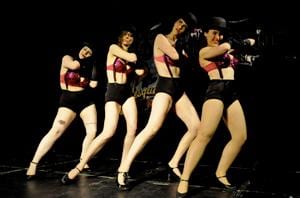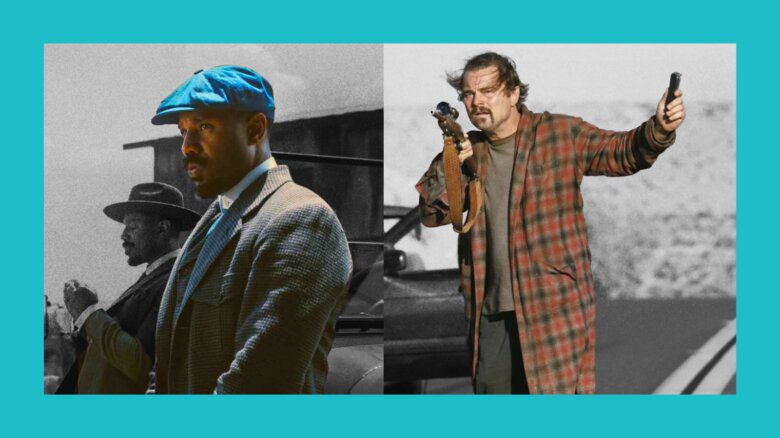Glamour Puss is putting the sass back in ass.
On Aug 14 at the Revival, the quirky foursome will unveil their newest showcase, Follies Trés Bare, which they describe as a “spectacle of spectacles… inspired by turn-of-the-century Parisienne cabaret with a modern twist.”
While the show may be new, these performers are quickly becoming seasoned artists. Glamour Puss came into being in 2007, the brainchild of director Paralee Pearl, after she went to see a friend’s show.
“I really, really loved it,” she says. “It seemed so different from what I was used to, which was trained dancing.” Pearl got her first kicks from performing in someone else’s show but quickly realized that her real ambition was to start her own troupe. She asked friends — who she knew through an amateur university dance club — if they’d be interested in working with her, and they agreed. “We put on our first show… and I guess the rest is history.”
The fun and spontaneous sense of ambition that started Glamour Puss continues to push them to new heights. In 2010, they won the Best Troupe Award at the Great Boston Burlesque Expo. This year, they were featured at the Toronto International Burlesque Festival, along with well-known burlesque hotties like Roxi DLite, crowned the Reigning Queen of Burlesque at the Burlesque Hall of Fame in Vegas.
Dancer Frenchie Fatale says storytelling is at the forefront of Glamour Puss’s work. “You can say what you need to say onstage in three minutes, even if what you want to say is ‘Check out my rhinestones, and I can kick really high and do great choreography,’” she says. “It’s still your opportunity to say something.”
Fatale points out that the word burlesque comes from the Italian burlesco, which means to mock, or make fun of. “It’s a lot about political satire,” Fatale says.
Kinky LaFemme knows that not everyone is ready to acknowledge burlesque as a feminist act. “There’s always the argument that you’re kind of going along with the objectification, that… by going onstage and showing off your body you might feel liberated but you’re still subjecting yourself to the gaze of others,” she says. “But the difference between that and what makes it an act that’s empowering is you’re the one in control.”
For the girls, who marched in last year’s Pride parade with the Goodhandy’s contingent, a relationship between queer and burlesque cultures is a given. “It’s about claiming and celebrating the identity that you have, and regardless of size, shape, orientation or gender,” says Fatale.
“For me it completely made sense, because it’s about acceptance, owning what you are and… not caring what anyone else thinks. I think that burlesque and queer culture have that in common,” says Pearl. “Pride is about… being straight-on who you are, and so I think the worlds, they work really well together.”


 Why you can trust Xtra
Why you can trust Xtra


